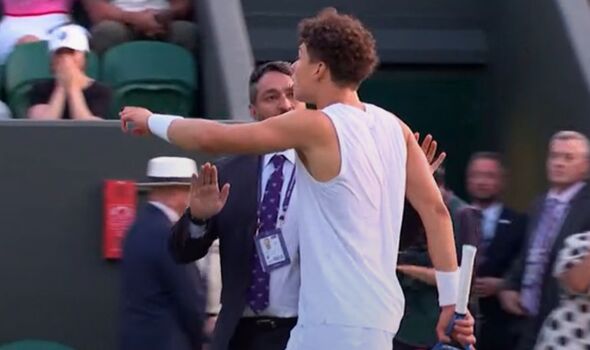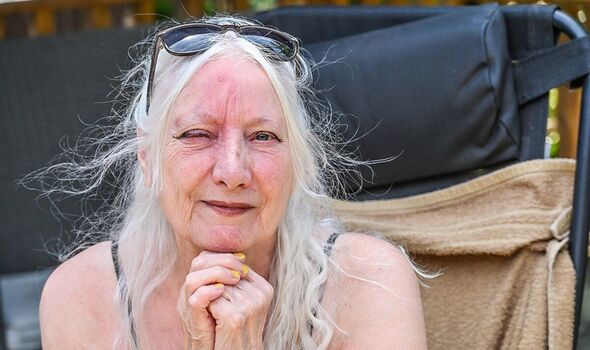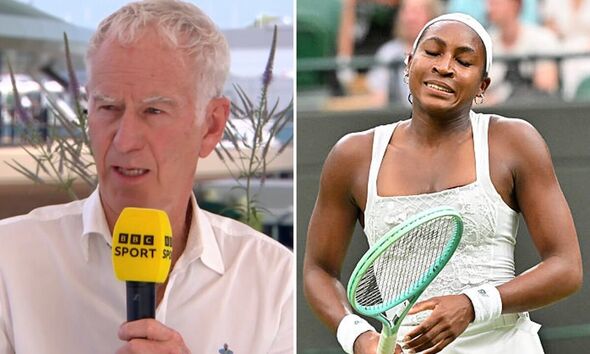
They try to promote peace and harmony around the globe, but for three days in New York, United Nations employees are battling each other in fierce competitions on soccer fields, swatting birdies in badminton and striving for check-mates on the chess table.
About 1,000 workers representing United Nations operations in over 100 countries from Afghanistan to Kosovo are facing off against each other in a three-day Olympics-style competition at Hofstra University in suburban New York.
The 41st United Nations Inter-Agency Games were started in the early 1970s, but this is the first time the athletes are competing in the United States; all previous games have been in Europe.
“It was about inclusion,” event coordinator Christina Silva explained about the decision to hold the competition in New York. “We wanted to get more people from headquarters involved and many people around the world wanted to come to New York.”
She said in addition to holding the games in the U.S., organizers plan to hold a future competition in Nairobi, Kenya, although they will still be held in European cities most years. Athletes pay their own way.
“There are some very good athletes in these games,” said Bill Ratteree, an American who worked for the International Labor Organization in Geneva for more than 30 years. He was busy on the first morning of the competition giving instructions to the referees in the basketball competition.
“We like to think that it’s an occasion to bring together people and get to know each other within the U.N. system worldwide through sports,” he said.
These are amateur athletes competing entirely for the enjoyment of sport, but there remains a fiery will to win.
“It’s very competitive; people come here to compete and it’s tough,” he said. “At the end of the two and a half days of competition people are feeling it in their legs. But camaraderie and friendship is the most important thing.”
Just steps away from the cavernous and loud basketball arena, where two games were being held simultaneously, about two dozen men sat silently, staring down at kings, queens and pawns on their chess tables. One man sported a green jacket touting “Team Nigeria.”
The chess competition was being observed by Dr. Marcus Fenner of the renowned Marshall Chess Club in New York City. He was there to arbitrate disputes.
“There are sometimes disagreements,” said the German-born retired businessman. “That is not uncommon for chess, where you have very smart people and sometimes you have to arbitrate that.”
Ric Longenecker, a chess player who works at the U.N. headquarters in New York, added:
“Regardless of race, culture, religion, everyone comes to a conclusion,” he said. “There’s always a good feeling at the end.”





